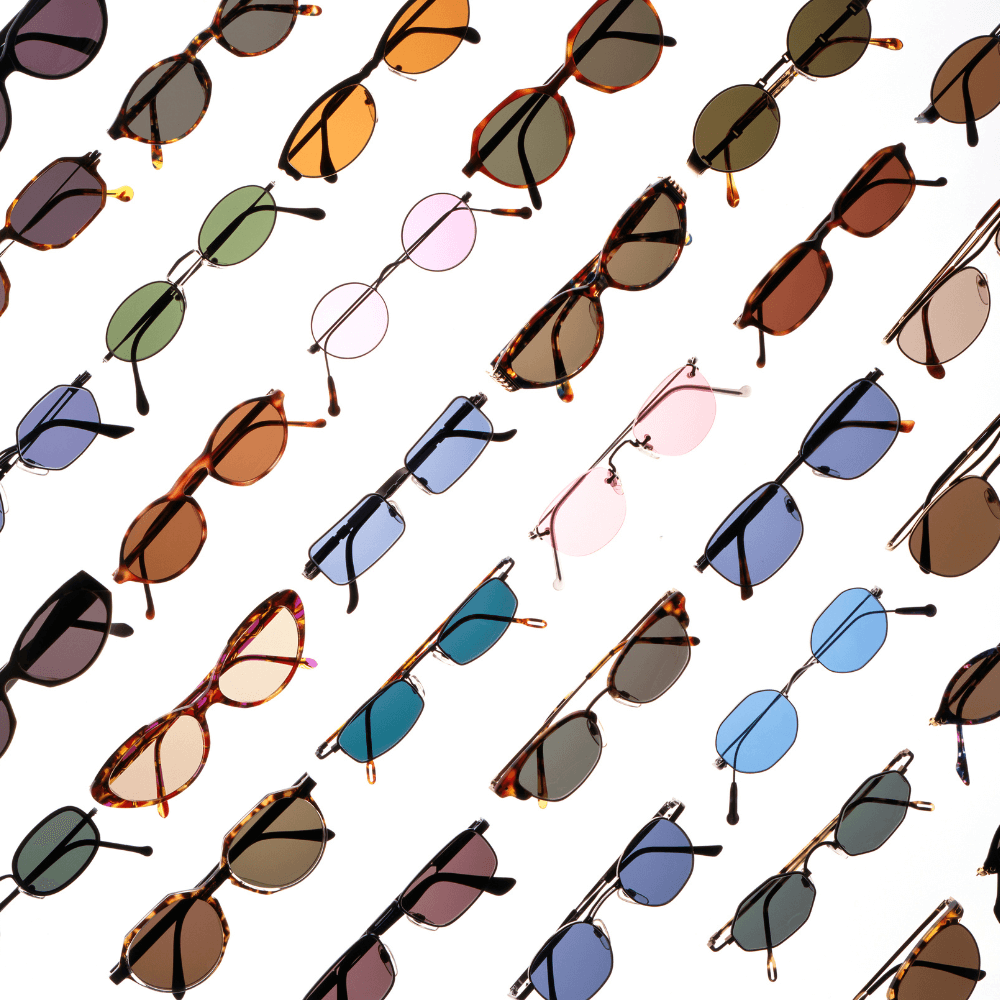When it comes to protecting your eyes from the harmful effects of blue light, sunglasses are a popular choice. But do sunglasses actually block blue light, and are they effective in protecting your eyes from its harmful effects? Let's take a closer look.
What is Blue Light and Why is it Harmful?
Blue light is a type of light that is emitted from electronic screens like phones, computers, and televisions. This type of light is also present in natural light, and it plays a crucial role in regulating our circadian rhythms. However, too much exposure to blue light can lead to eye strain, headaches, and disrupted sleep patterns. This is because the high-energy blue light interferes with our body's production of melatonin, the hormone that regulates our sleep-wake cycle.
Do Sunglasses Block Blue Light?
The short answer is yes, sunglasses can block blue light. But it depends on the type of lenses in the sunglasses. Regular sunglasses that block ultraviolet (UV) light do not necessarily block blue light. To effectively block blue light, you need lenses that are specifically designed for that purpose. These lenses often have a yellow or amber tint and are referred to as "blue light blocking" or "computer glasses."
Are Blue Light Blocking Sunglasses Effective?
There is some evidence to suggest that blue light blocking glasses can be effective in reducing the negative effects of blue light exposure. In one study, participants who wore blue light blocking glasses reported reduced eye strain and improved sleep compared to those who wore regular sunglasses. However, it's worth noting that more research is needed to fully understand the effects of blue light on our health and the effectiveness of blue light blocking glasses in protecting against those effects.
Do I Need Blue Light Blocking Sunglasses?
If you spend a lot of time in front of electronic screens, blue light blocking sunglasses may be a good choice for you. These lenses can help reduce eye strain and improve sleep patterns, which can lead to overall improved health and well-being. It's important to keep in mind that while blue light blocking glasses may be effective, they are not a substitute for other healthy habits like taking breaks from screens, maintaining good posture, and getting enough sleep.
How to Choose the Right Blue Light Blocking Sunglasses
When shopping for blue light blocking sunglasses, it's important to look for lenses with a yellow or amber tint. You should also consider the type of frames you want, as well as any additional features like polarized lenses or UV protection. Additionally, you should consider the level of blue light blocking you need, as some lenses offer more protection than others.
FAQs About Blue Light Blocking Sunglasses
- Can blue light blocking glasses protect your eyes from all types of blue light?
No, blue light blocking glasses can only protect your eyes from a portion of the blue light spectrum. However, they are designed to block the most harmful wavelengths of blue light that are emitted from electronic screens.
- Do blue light blocking glasses have any side effects?
No, there are no known side effects of wearing blue light blocking glasses. However, some people may find that the yellow or amber tint can cause a slight color distortion.
- Can you wear blue light blocking glasses all day?
Yes, you can wear blue light blocking glasses all day. In fact, they are most effective when worn for extended periods of time in front of screens.
- Are blue light blocking glasses suitable for outdoor activities?
It depends on the level of blue light blocking in the lenses. Some blue light blocking glasses may be


